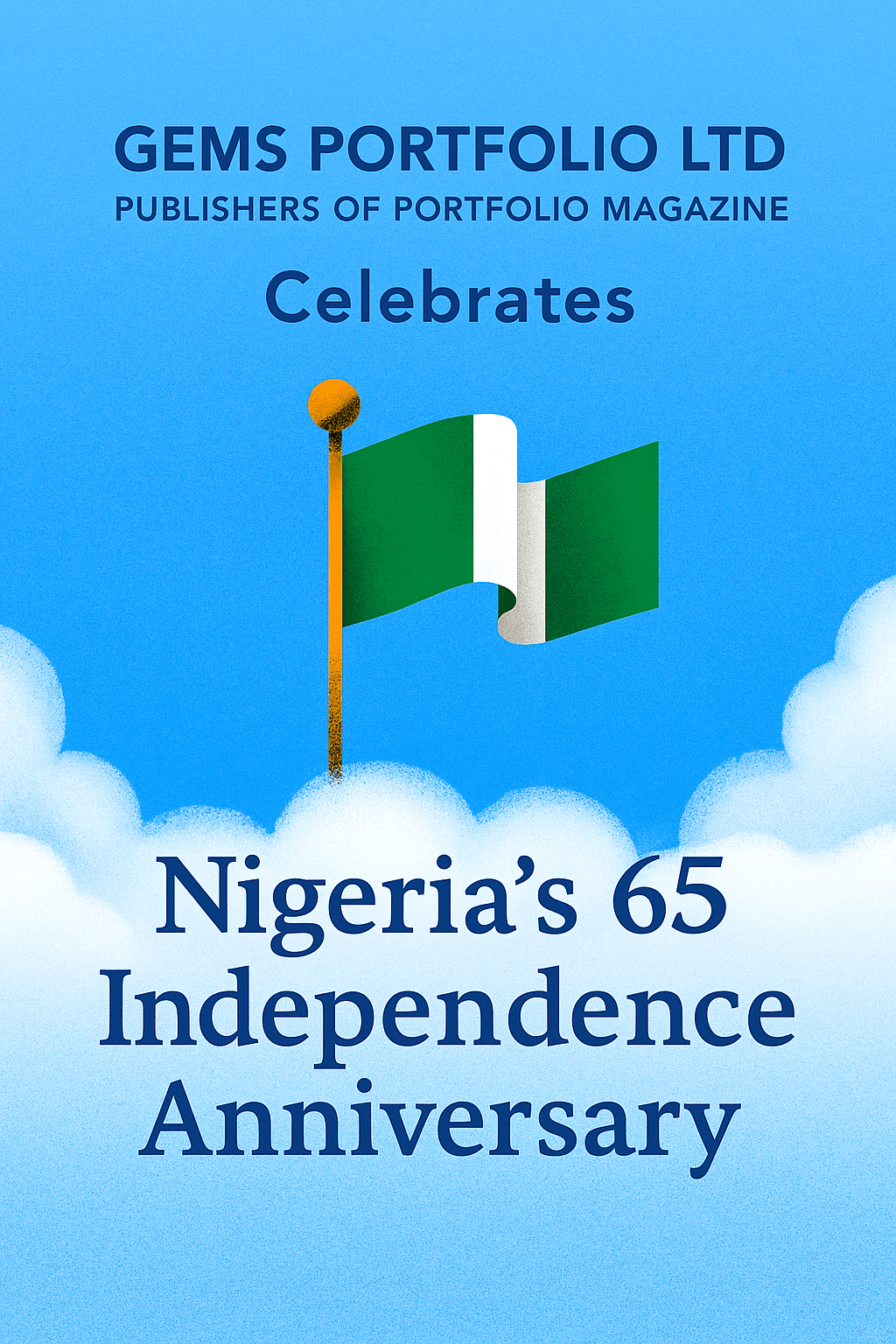
Nigeria, often celebrated for its rich cultural diversity and abundant natural resources, finds itself ensnared in a web of political dysfunction that undermines its potential. The political landscape, dominated by a culture of division and manipulation, has profound implications for the nation’s unity and development. This article explores the destructive practices of Nigerian politicians, examining how their actions have perpetuated a cycle of hate, division, and impunity, ultimately stifling the country’s progress.
- The Politics of Hate Speech and Violence
One of the most alarming trends in Nigerian politics is the pervasive use of hate speech and violence during election campaigns. Politicians frequently exploit ethnic, religious, and regional differences to galvanize support, sowing seeds of discord among the populace. Hate speech becomes a weapon to demonize opponents, often escalating into physical violence. According to the National Human Rights Commission (NHRC), over 3,000 people were killed during election-related violence between 2007 and 2019, highlighting the deadly consequences of this toxic political strategy .
- The Rise of Hate-Fueled Political Thuggery
In the ruthless arena of Nigerian politics, thuggery has become a legitimate path to power. Politicians recruit and arm gangs to intimidate, assault, and sometimes assassinate their opponents. This method has been particularly evident in states like Rivers, where the 2015 and 2019 general elections witnessed widespread violence and voter suppression orchestrated by politically backed thugs. This phenomenon not only erodes the integrity of the electoral process but also instills fear and division among the electorate.
- Manipulating Nigeria’s Diversity
Nigeria’s diversity, once a source of pride, has been weaponized by politicians who deliberately pit ethnic and religious groups against each other. This strategy of division is designed to weaken the social fabric, making it easier for politicians to control and manipulate the population. The manipulation of tribal and religious identities reached a peak during the 2015 presidential election, where the North-South and Muslim-Christian divides were exacerbated, leading to heightened tensions and violence across the country.
- Corruption as a Tool for Political Control
Money plays a pivotal role in Nigerian politics, with bribery and corruption being rampant. Politicians often buy their way into power, compromising the integrity of the electoral system. The Independent National Electoral Commission (INEC) has been criticized for its failures to uphold electoral laws, most notably during the 2023 general elections, where the promised deployment of the Bimodal Voter Accreditation System (BVAS) was marred by irregularities, resulting in widespread disenfranchisement. This failure, coupled with the judiciary’s perceived complicity, has led to a growing distrust in the system meant to protect democratic values.
- The Hypocrisy of Leadership
Once in power, politicians who thrived on hate and division during their campaigns often adopt a hypocritical stance, calling for peace and unity. However, the damage has already been done. The same leaders who once fueled discord now expect the populace to embody virtues of discipline, respect, and caution—values they never espoused. This hypocrisy is evident in the widespread disillusionment among citizens, who feel betrayed by leaders who fail to deliver on their promises of development and unity.
- Erosion of National Identity and Values
The actions of these politicians have far-reaching consequences for Nigeria’s national identity. The continuous promotion of hate and division undermines the country’s rich cultural heritage and diversity. As political leaders prioritize power over principle, respect, discipline, and moral values are eroded, particularly among the youth. A generation is growing up in an environment where unethical behavior is not only normalized but rewarded, creating a society where integrity is a rare commodity.
- The Cycle of Poor Leadership and Stagnation
Nigeria’s leadership recruitment process is fundamentally flawed, perpetuating a cycle of ineffective and corrupt governance. Politicians without the necessary integrity or capacity for leadership are repeatedly elected, leading to stagnation in both infrastructural and behavioral development. The country’s infrastructure remains underdeveloped, and societal behavior continues to deteriorate as a result of the caliber of leaders in power. This is a nation where leaders are chosen more for their ability to manipulate than to govern, with little regard for national progress.
- Breaking the Cycle
The consequence of this toxic political culture is a nation struggling to define its identity and achieve its potential. The narrative of hate and division, propagated by politicians in their quest for power, has become deeply embedded in society. Nigeria, once known for its unity in diversity, now grapples with disunity and distrust. Breaking this cycle requires a collective effort to reclaim lost values and demand leadership that is principled, capable, and committed to national unity and development.
The challenge for Nigeria lies in fostering a political culture that prioritizes the nation’s collective good over individual gain. It is a call for leaders who will unite rather than divide, govern with integrity, and take responsibility for the country’s future. Only then can Nigeria overcome the destructive politics of hate and impunity, paving the way for a brighter, more unified future.





